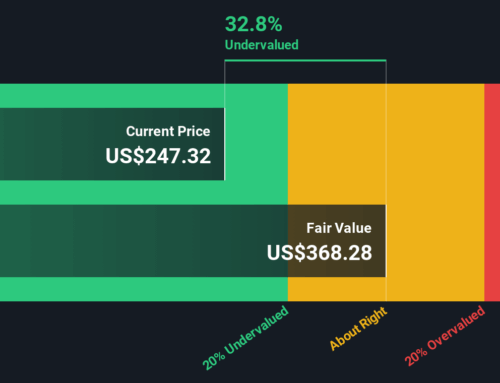Australian investment in green projects surges despite drastic US policy reversal, report
November 15, 2025
Surging Australiandemand for pro-environment investments has overcome a US-led backlash, with potential global ramifications, against green finance brought on by Donald Trump’s re-election, even if backers are less vocal about their projects.
Green, sustainable and social investments have risen from $20bn to $157bn in the past five years, with $137bn backing projects with environmental benefits, according to new research from Impact Investing Australia (IIA) and the Centre for Social Impact.
Sign up: AU Breaking News email
That $157bn included $25bn in the first half of 2025, putting the year on track to surpass 2024’s near-$40bn record, even as some global financiers pull back on climate-conscious projects to align themselves with Trump’s avowed policy of “drill, baby, drill”.
The chief executive of IIA, David Hetherington, said local investment funds were wary of boasting about their green credentials in the face of the US-led backlash and greenwashing worries, but had not slowed the flow of finance.
“There are entrepreneurial businesses out there who are addressing [challenges] and making money in doing so,” Hetherington said.
“Where there are successful entrepreneurs seeking capital, there will be funds looking to deploy it.”
Dedicated impact investment funds held less than $3bn in 2020 but collectively managed $12.5bn by June and have continued to grow.
The country’s second-largest super fund, Australian Retirement Trust, put nearly $1bn in a Macquarie Bank green energy fund in September, and committed a further $1bn towards impact investments by 2030.
Investors have also bought $145bn in bonds dedicated to green, social and sustainable projects, up from $17bn in 2020, with Australian investments on track to set a third annual consecutive record in 2025, the research found.
Green projects range from renewable energy expansion to state government light rail upgrades and federal government Murray-Darling Basin water purchases. The report found Australian investments had collectively funded efforts to abate 110m tonnes of CO2-equivalent emissions, avoid 1.3m tonnes of landfill, plant 3m trees and recycle or return 363m litres of water.
The head of private markets at Australian Ethical, Adam Roberts, said investors who once doubted renewables opportunities were now chasing them down as projects proved they could pay off.
States’ green bonds, designed to raise money for climate and environmental projects, now offer equal or higher returns than their market competitors, the Reserve Bank has found.
“There’s obviously lots of noise in the market about green investing or not, globally and here in Australia, [but] there’s … enough of a need for capital and investment opportunities to just get on with it,” Roberts said.
“Especially younger Australians, but lots of Australians, [are] really focused on doing well and doing good with their investments and their retirement [savings].”
Australian Ethical has more than tripled in size since 2020, directing its $14bn in funds from 134,000 members towards projects ranging from public electric vehicle chargers and solar and battery projects to soil recyclers.
Finance has also increasingly flowed to funds investing in housing support such as Conscious Investment Management (CIM). Its chief investment officer, Matt Tominc, said much had changed since CIM committed to Australia’s first large-scale privately funded social housing in 2021.
“Now that’s a really big sector, it’s the government’s Housing Australia Future Fund … so [there’s] familiarity, more investment opportunities coming up,” Tominc said.
Report lead and director of the Centre for Social Impact at the University of NSW, Danielle Logue, said more professional and expert teams were attracting bigger pools of cash, causing greater effects across a wider range of products.
But the sector is not without its challenges, with the hazy definition of “impact” limiting its growth. Unconvinced fund managers surveyed by Logue’s team said they needed more consistent measurement before investing.
The corporate regulator has also taken superannuation funds to court for misleading customers over whether their retirement savings were backing sustainable investments, as promised.
“Verification processes give investors and regulators confidence around … greenwashing or impact-washing,” Logue said.
“As investors grow more comfortable with different types of deals and products and the evidence base grows, we’ll start to see a shift.”
Search
RECENT PRESS RELEASES
Related Post




